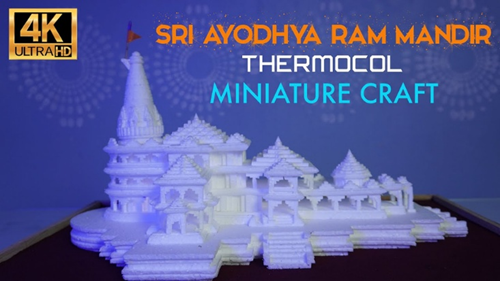Expanded Polystyrene (EPS) is a lightweight, rigid, and versatile material widely used in various industries. It is a form of polystyrene plastic produced by expanding polystyrene beads through the use of heat and steam. The process creates a cellular structure that gives EPS its unique properties.
Key Characteristics of EPS:
- Lightweight:
EPS is primarily composed of air (about 98%), making it extremely
lightweight.
- Insulation
Properties: It has excellent thermal insulation capabilities due to
its closed-cell structure.
- Durability:
EPS is resistant to moisture, decay, and chemicals, making it
long-lasting.
- Shock
Absorption: Its cushioning properties make it ideal for protective
packaging.
- Customizable:
EPS can be moulded into various shapes and densities.
Applications of EPS:
Construction:
- Insulation
boards for walls, roofs, and floors.
- Void
formers in concrete structures.
- Lightweight
fill material for roads and embankments.
Packaging:
- Protective
packaging for electronics, appliances, and fragile items & medical
equipment.
- Food
packaging, such as containers for takeout, meat trays, and fish boxes.
Consumer Products:
- Used
in craft projects, model-making, and lightweight props.
Industrial Uses:
- Moulded
components for various industries, including automotive and aerospace.
Recreational:
Furniture & Furnishing:
- Poufs,
Bean Bags and other soft seating furniture.
- Filling
material in form of beans and blocks in furniture and furnishings.
Environmental Considerations:
- Recyclability:
EPS is recyclable and can be repurposed into products like insulation
panels, picture frames, and other materials.
- Waste
Concerns: Improper disposal can lead to environmental issues since EPS
is not biodegradable.
- Sustainable
Alternatives: Efforts are underway to develop biodegradable or
eco-friendly alternatives and improve recycling technologies.
If you have a specific context or need regarding EPS, let me
know!






.jpeg)



No comments:
Post a Comment